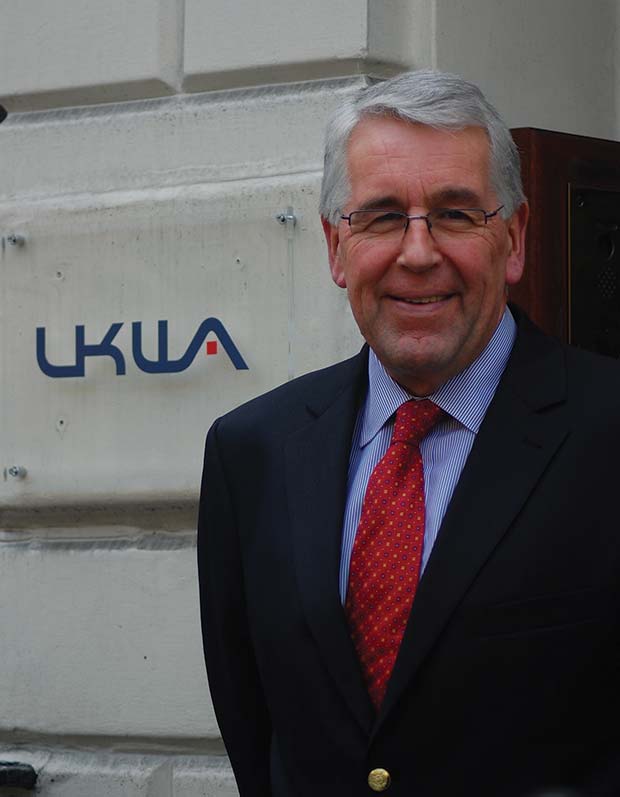UKWA urges the sector to engage in the government’s Freeports consultation process…
 Back before the global pandemic enveloped us all, Prime Minister Boris Johnson made Freeports a centrepiece of his post-Brexit international trade strategy, asserting that the UK’s rebirth of trading hubs will boost global trade, attract inward investment and increase prosperity in otherwise deprived communities.
Back before the global pandemic enveloped us all, Prime Minister Boris Johnson made Freeports a centrepiece of his post-Brexit international trade strategy, asserting that the UK’s rebirth of trading hubs will boost global trade, attract inward investment and increase prosperity in otherwise deprived communities.
The only discernible change to that policy so far in the light of COVID has been an extension of the consultation deadline, and yet arguably the entire economic situation going forward has changed.
The prospective impact of a no-deal Brexit hasn’t gone away, rather the likely impact has been exacerbated by the pain many major manufacturers have suffered as a result of lockdown, job losses and uncertainty driving down consumer spending.
So, is the introduction of Freeports the best solution to support economic recovery as well as protecting businesses against the challenges of Brexit? And is it good news for our sector? These are just some of the questions we are asking of UKWA members – and indeed the wider warehousing and logistics community – with our latest survey.
For UKWA, the key positive is that Freeports need not be sea ports, but could include inland depots too; Hopefully, this puts large rail connected logistics parks like DIRFT, Doncaster iPort and the new East Midlands Gateway in the frame, where there is ample development space for additional warehousing and distribution services to meet climbing demand for space.
The lockdown of recent months has seen many warehouses close to capacity as ‘non-essential’ outbound flows slow or have stopped altogether due to shops and factories closing. The concomitant rise of online grocery shopping, fuelled by a whole new segment of the population (namely the elderly), has signalled a future need for additional warehousing requirement, and the significantly increased customs checks at UK ports in the wake of Brexit will drive demand still further as companies prepare for supply chain interruption and hold more inventory closer to home.
This is positive for the sector if the government’s trade strategy looks to support the UK’s existing world-class manufacturers and established distribution networks, and considers Freeports on a sectorial rather than geographical basis. The lifting of restrictive EU legislation creates a new opportunity to bring forward radical solutions, but we must engage with government to provide feedback from the ‘coalface’ and ensure that the decisions taken benefit our sector, our members and their customers.
Accordingly, UKWA has called on members and non-members alike, along with 3PLs, retailers as well as real estate developers and industrial agents, to join with us to develop an imaginative, coherent response. The UKWA Freeports survey is live now. Once results have been analysed, the association’s draft response to the Freeports consultation will be prepared and then shared via webinar on 25th June, inviting full engagement in the government’s consultation process, which closes on 13 July 2020.
Peter Ward
UKWA, CEO





Comments are closed.